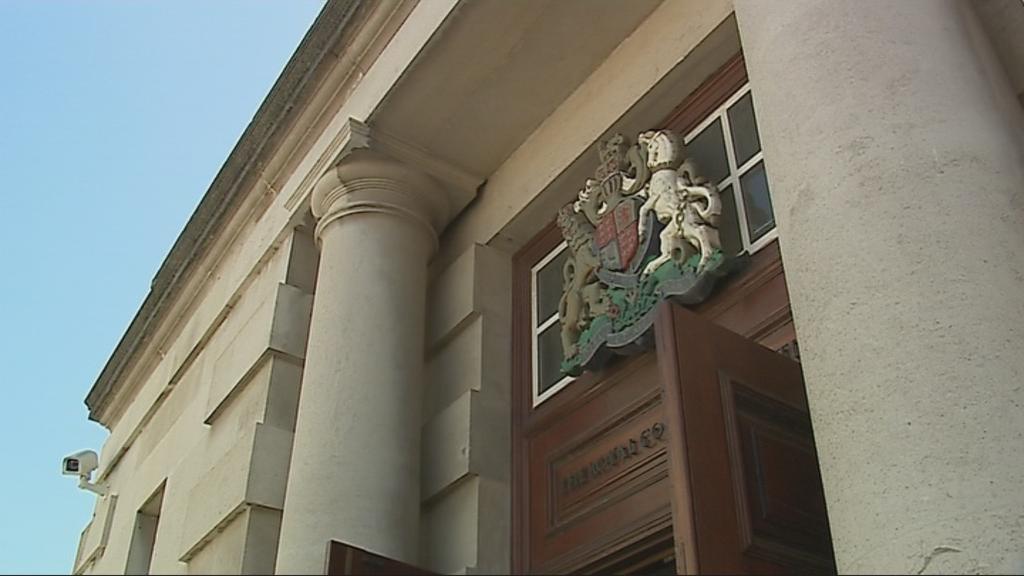WHILE Northern Ireland’s defence lawyers have been criticised for benefiting from excessive legal aid payments they are not the first to have found themselves in the dock over huge wage bills.
In August 2007 the Criminal Justice Inspectorate carried out the first ever review of Northern Ireland’s Public Prosecution Service.
The CJI inspection reported that PPS barristers and solicitors claimed fees five times higher than their counterparts in Britain.
The PPS, which prosecutes all criminal cases in Northern Ireland, operated with a £36 million budget in 2007.
Its legal counsel ran up a wage bill 470% higher than would have been spent by the Crown Prosecution Service, which prosecutes cases in England and Wales, in an area with a similar-sized caseload to Northern Ireland.
An investigation into PPS finances by Criminal Justice Inspector Kit Chivers found that senior officers had a “relaxed approach” to financial management, including a “limited” understanding of budgets.
In 2006/07 more than £10.8 million was spent on PPS fees, witness costs and other expenses, the majority of which went on payments to legal counsel.
In England and Wales about £2.3m would have been spent, Mr Chivers reported.
The report found that the PPS had also asked for and was given an additional £1.65m in August 2006 to cover increased counsel fees.
However, there was no requirement to justify the overspend.
While legal counsel in Britain were paid by the court session, in Northern Ireland PPS counsel were paid on a case-by-case basis, a practice which inspectors said led to “extremely high” wage bills.
One barrister was paid £1,700 for one day’s work in court which inspectors found had amounted “largely to administration”.
Concerns were also raised that legal counsel could also be deliberately “inflating” the fees submitted to the PPS.
“Fees are not agreed in advance in the majority of cases. Negotiation occurs after the case has concluded,” the inspectors said.
“As a result counsel perceive that the fees they request are usually adjusted downwards and they may therefore set their fees at a higher level at the outset, in the knowledge that they may be reduced.”
In another instance additional PPS funding was sought to employ five prosecutors and two support staff to handle cases arising from the work of the Historic Enquiries Team (HET).
However, no HET cases ever arrived and staff had to be redeployed elsewhere.
At the time of the report’s publication PPS counsel were paid either by fixed scale fee or by a higher ‘special’ fee, which was only supposed to be paid in exceptional circumstances.
However, inspectors found that the ‘special’ fees were claimed “almost as a matter of routine” in contested cases.
Concerns were raised that the PPS was employing both senior and junior counsel in circumstances when it is clear that only junior counsel was required.
Inspectors questioned why fees paid to PPS counsel in Northern Ireland should differ so significantly to their counterparts in Britain “without there being a sound basis for the distinction”.
They found that “significant shortcomings” in the control of PPS finances meant it was incapable of making “any real assessment of whether the use of counsel in certain cases, and the level of payment, represent value for money”.
Inspectors found that the PPS had “no clear understanding” of the cost of using legal counsel as it kept no records of the cumulative costs of counsel fees on a case-by-case basis.
The report stated that while there were proposals to change the system of payments to counsel, these are in fact likely to lead to an increase in the amounts paid to PPS counsel.
The PPS was warned that its failure to properly analyse the financial cost of the changes meant it was leaving itself at “serious risk”, as in the future its funding was likely to be closely scrutinised when it is came under the control of the now devolved justice department.
A new director of the PPS, speculated to be Barra McGrory, is expected to be announced in the near future.
